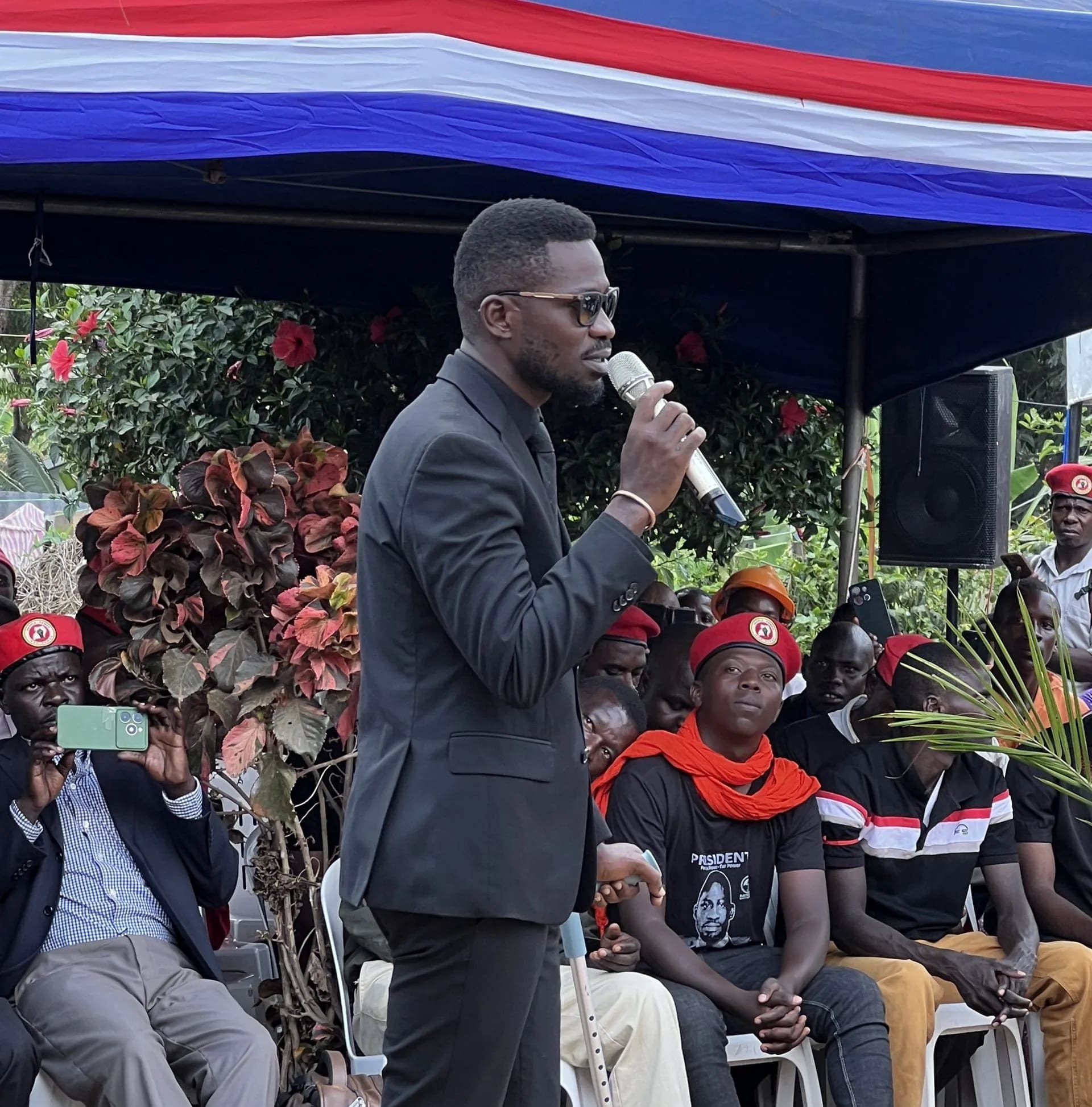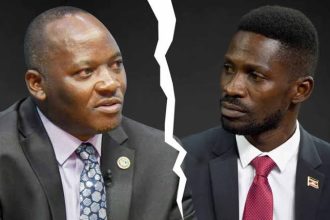Joel Ssenyonyi, Leader of the Opposition in Uganda’s Parliament, has expressed serious concerns regarding the transparency and accountability of the Parliamentary Commission. In a recent statement, he highlighted issues surrounding the commission’s operations, which he believes are shrouded in secrecy and exclusion.
According to Ssenyonyi, despite being a mandated member of the Parliamentary Commission under Section 2 of the Administration of Parliament (Amendment) Act and Rule 11 (1) (e) of Parliament’s Rules of Procedure, he has not been invited to any commission meetings since assuming office in January 2024. He pointed out that the commission has reportedly convened discreetly on several occasions without notifying all its members, a practice he finds troubling.
Ssenyonyi emphasized the significance of the Parliamentary Commission’s role, particularly in preparing the annual budget estimates for Parliament as stipulated in Section 6 (f) of the Administration of Parliament Act. He questioned whether the commission had indeed convened to approve the budget for the upcoming financial year and why he was excluded from such critical deliberations.
In his letter addressed to the Speaker of Parliament, Ssenyonyi underscored the importance of accountability within Parliament. He argued that for Parliament to effectively serve the interests of the people, it must operate transparently and inclusively, ensuring that all members of the commission are actively involved in decision-making processes.
Highlighting the broader implications of secretive commission meetings, Ssenyonyi called for urgent measures to address these concerns. He expressed that the current practices not only undermine the principles of transparency but also erode public trust in Parliament’s ability to represent and uphold the interests of Ugandan citizens.
Ssenyonyi underscored the importance of upholding the Parliament’s commitment to being “People Centered,” urging that this ethos must extend beyond rhetoric to genuine transparency in institutional practices. He called for immediate measures to address the clandestine nature in which the Commission conducts its affairs, stressing the need for openness to ensure public trust in parliamentary processes.






















